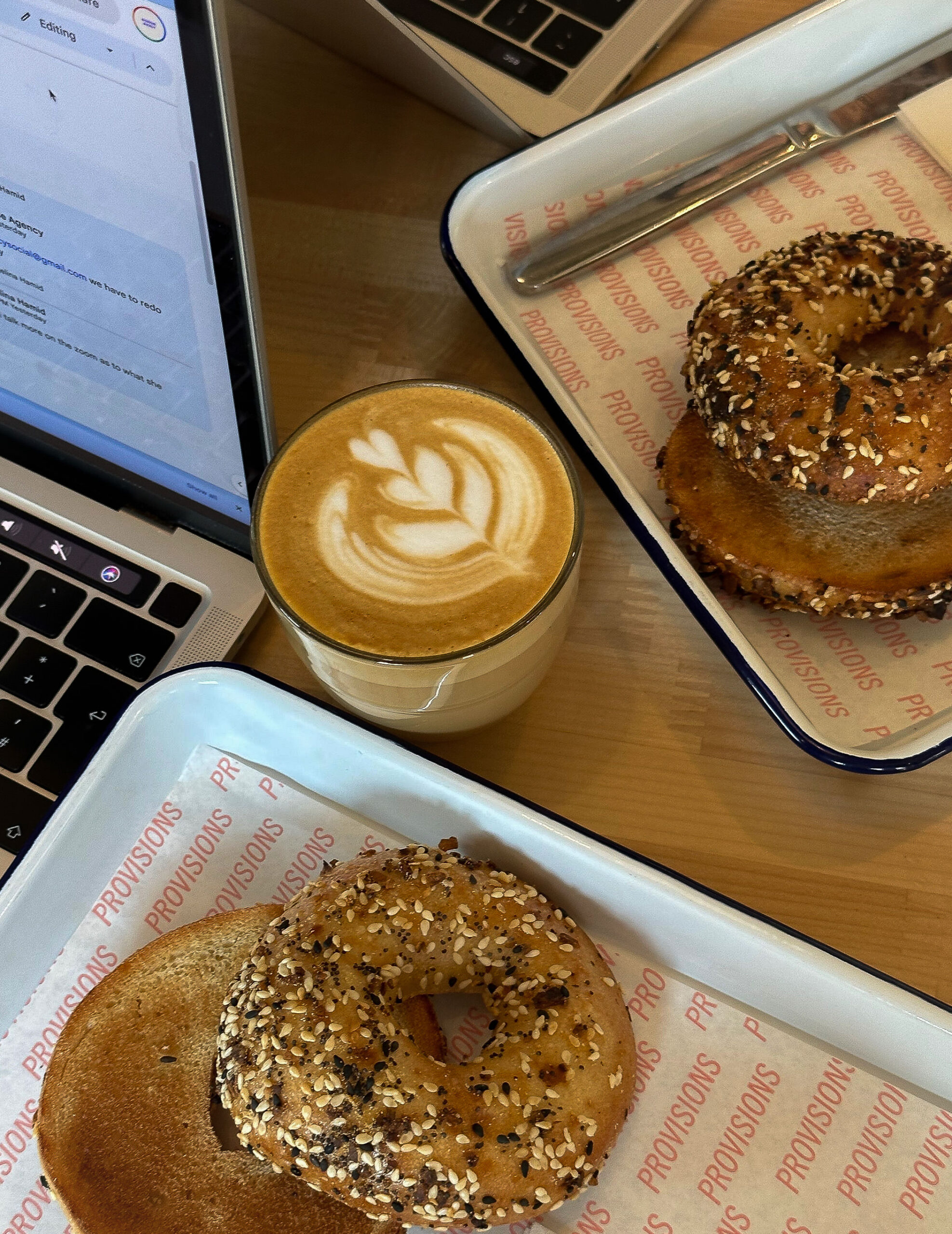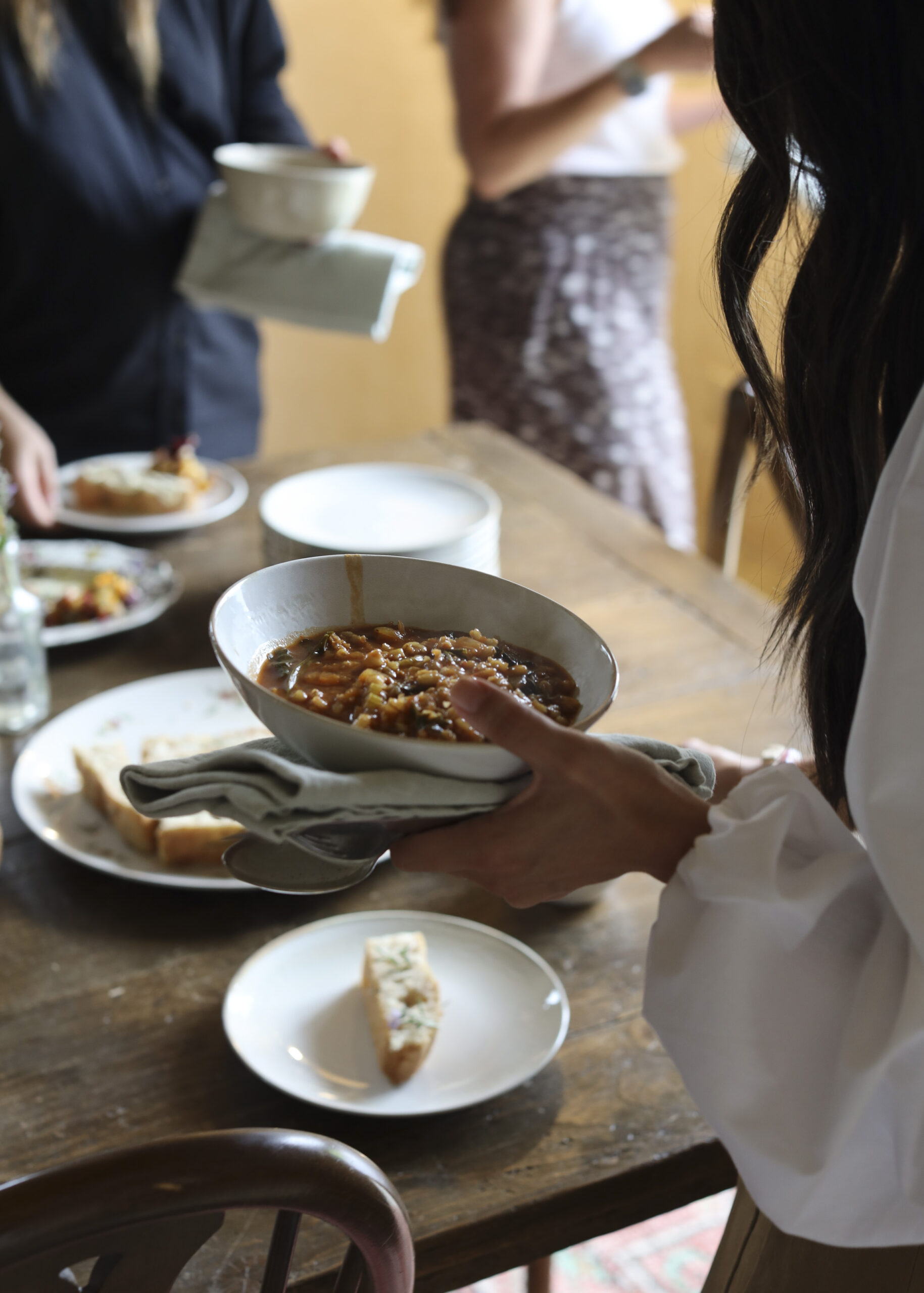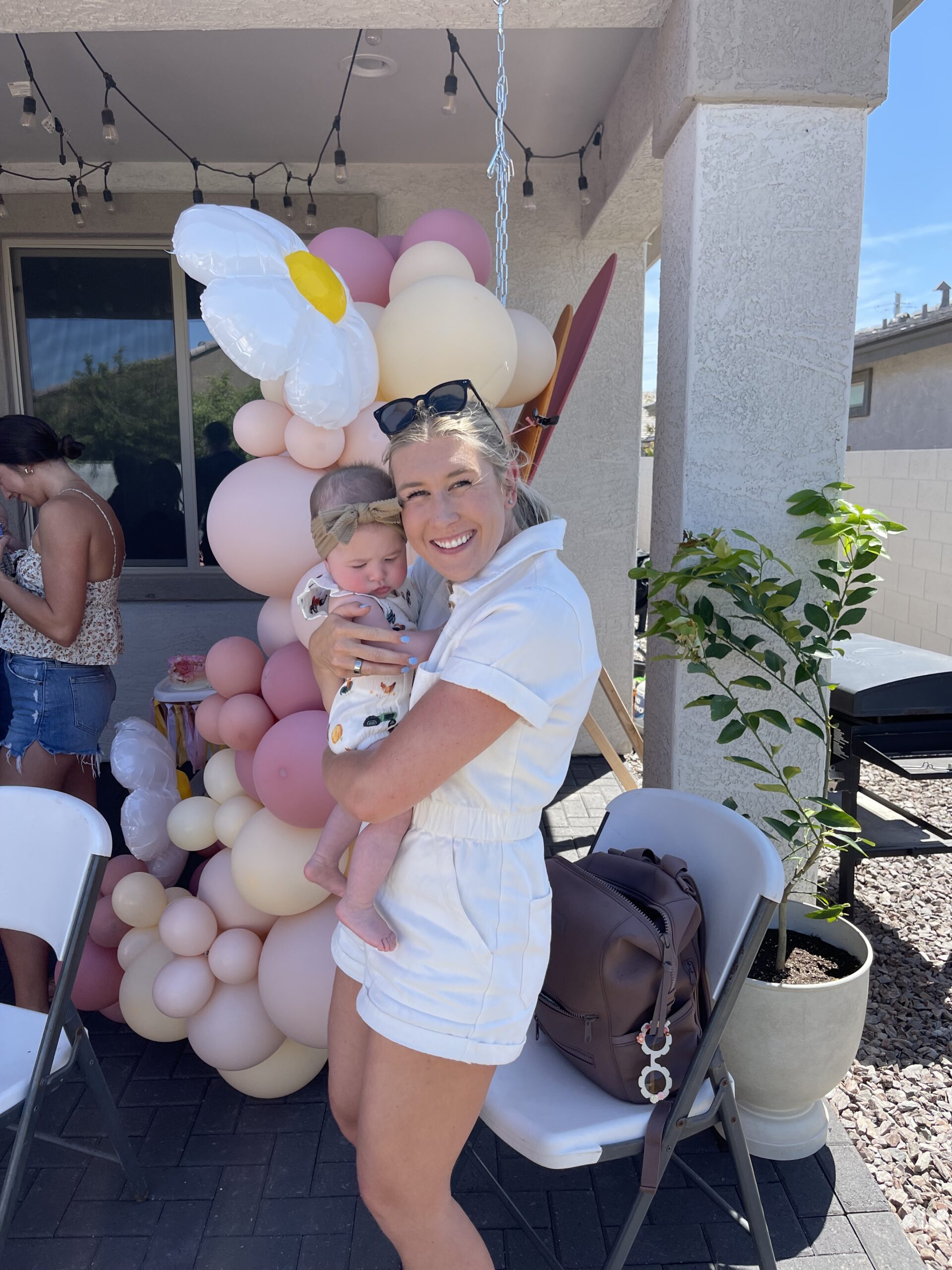Breaking Free from Weight Stigma: A Journey to Discovering Body Acceptance

Written By:
Category:
Cilla Moore
I can still recall the epitome that I had during recovery where I found myself grappling with an unsettling question: “Why am I unable to break free from this cycle? Why can’t I simply eat without the weight of stress and obsession?” It took over a decade to uncover an answer. And quite frankly, it wasn’t what I had hoped for or was willing to hear at the time. If you are experiencing similar thoughts, this blog is for you!
The Entanglement of Body Image + Disordered Eating
My struggle with food was deeply entwined with an aspect I hadn’t initially considered: body image. The connection, I realized, stemmed from a construct embedded in our culture – the concept of morality, one heavily influenced by societal norms.
I grew up witnessing beloved family members inhabiting diverse body shapes and sizes that didn’t conform to these societal standards. The discrimination they faced, the perpetual cycle of dieting, and the notion that they were somehow at fault for their appearance became ingrained in my perception because of weight stigma.
What is Weight Stigma?
Weight stigma is the result of weight bias – a bias that is socially accepted within the United States. Recent research has concluded that weight discrimination has increased by 66% over the past decade. This statistic is comparable to the prevalence of racial discrimination in the United States (Puhl & Suh, 2015; O’Hara & Taylor, 2018).
Navigating the End of the Restrict/Binge Cycle
The harsh truth emerged: our genetic blueprint is immutable (Tribole & Resch, 2020, p. 198). No diet, exercise regime, or influencer-endorsed lifestyle could alter this fundamental reality. It was a bitter pill to swallow, but I knew it was an unshakable truth.
I realized that to escape the cycle of restriction and binging, I had to remove myself from its grasp. Accepting that I’d internalized fabricated standards and moral codes was pivotal. Learning to appreciate my body for what it is, rather than what it should be, became imperative. I needed to challenge this coping mechanism that provided temporary comfort but perpetuated my stagnation.
If you find yourself ensnared in a similar struggle, acknowledge that your feelings are valid. Recognize that this coping mechanism is a temporary fix for an unmet need – not sure what that unmet need is? Check out this resource to explore!
Listen to my full recovery story here on Food Freedom Lab! Want to join a recovery community? Follow along with Cilla on Instagram and join her recovery community that fully embraces food freedom, body neutrality, and challenging weight stigma.
Keep Reading
Overcoming the Fear of Weight Gain
Ditch the Weight-Loss Fairy Tale: Find Real Happiness within Yourself
Ryann Nicole
Licensed Therapist, Certified Nutritionist, and Virtual Wellness Coach
Ryann is a licensed therapist and virtual wellness coach who has assisted individuals worldwide in establishing a healthier relationship with food and their bodies.
Are You Ready to Heal Your Relationship With Food?
I understand—it can be overwhelming to figure out where to begin. Let's simplify things and have you start right here:
Why Am I Overeating?
First Steps To Stop Binge Eating
The Food Freedom Lab Podcast
FREE QUIZ
FREE GUIDE
Podcast
the food freedom lab podcast




